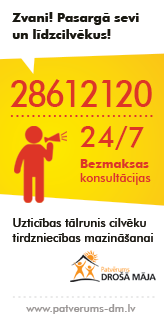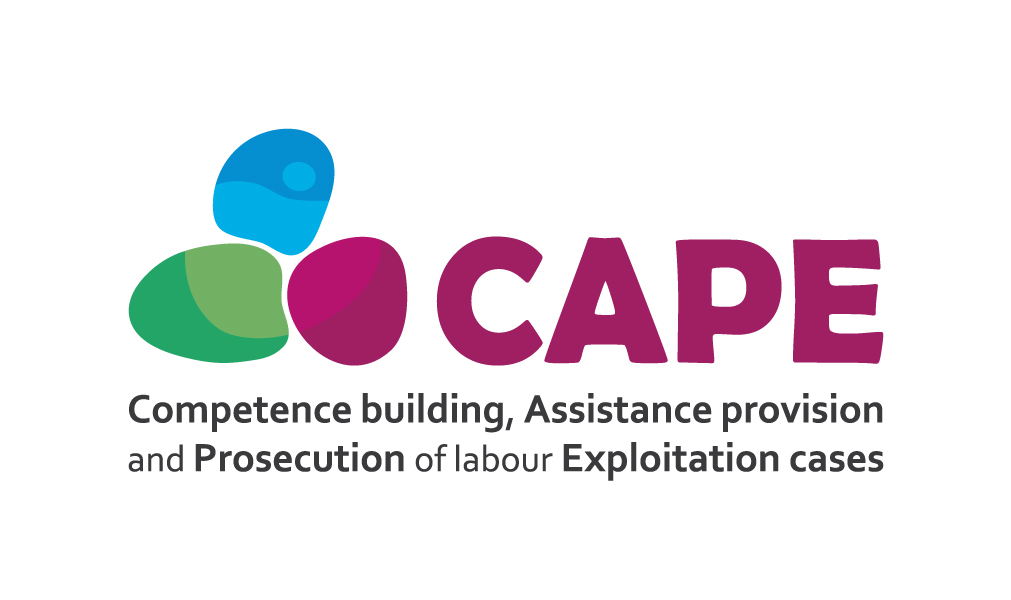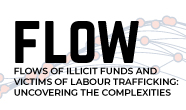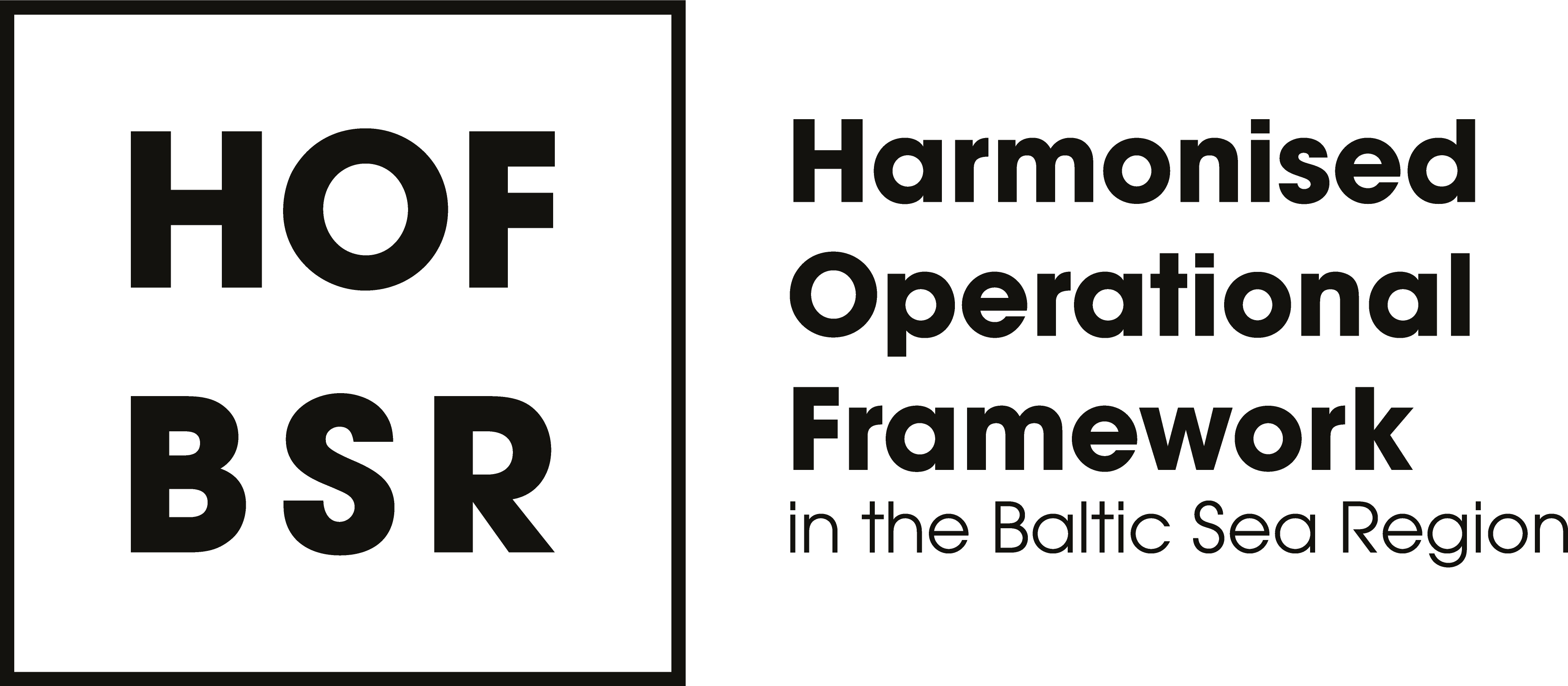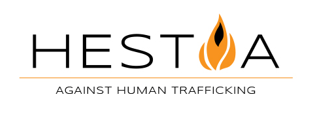During the presentation M. Viuhko introduced the participants of the seminar to the course of the research of the HESTIA project, as well as its aims and main challenges that HEUNI has faced while carrying out the research. She informed those present that the aim of the research is to study the link between sham marriages and human trafficking, provide new information about the factors of vulnerability of a person, as a result of which people get involved in sham marriages and are subjected to exploitation, and she also provided information about the methods and techniques that promote and facilitate sham marriages, the consequences of which include human trafficking and exploitation.
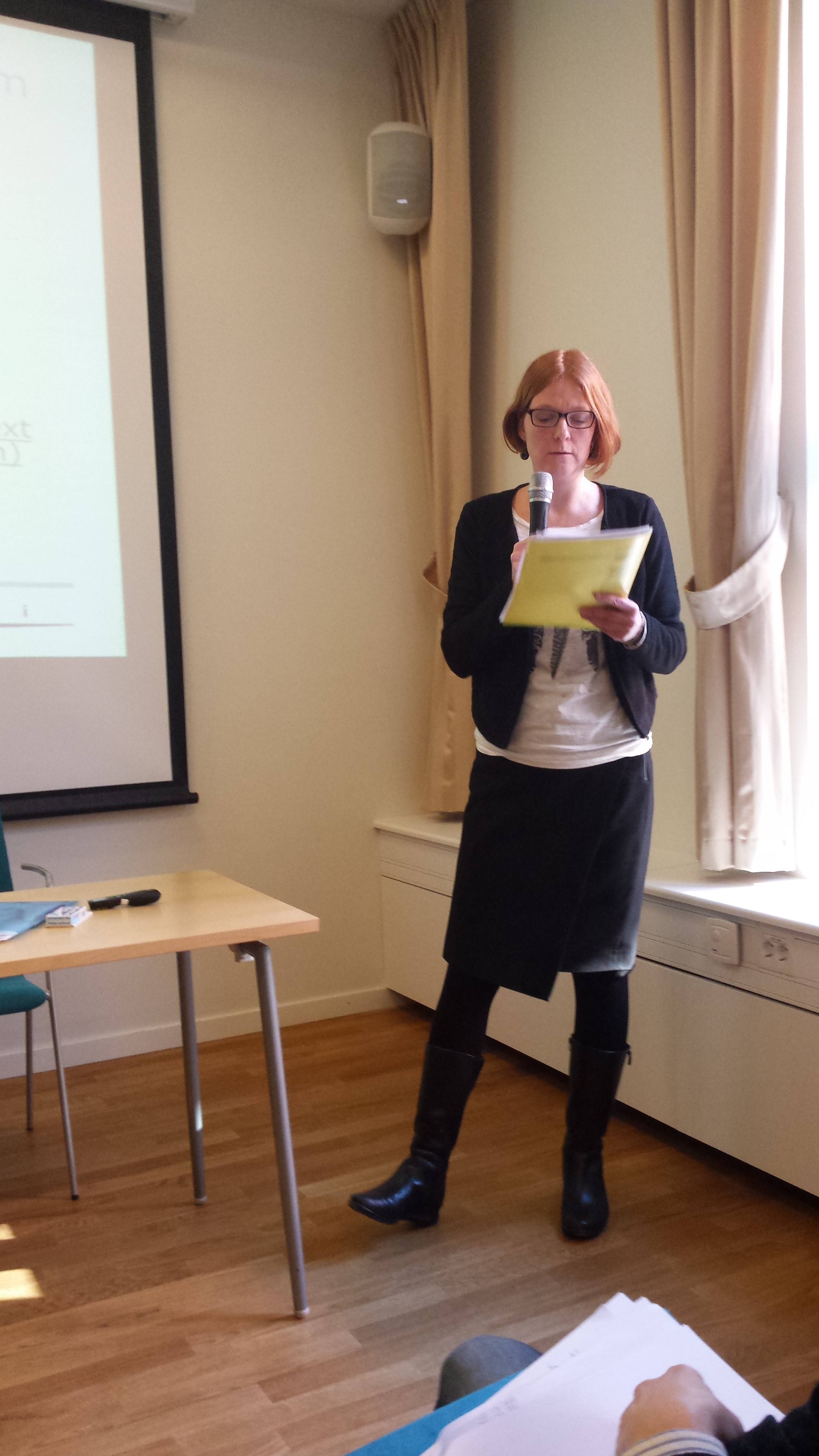 |
The researcher underlined that the research, being based on the national studies carried out within the framework of the project in Latvia, Lithuania, Estonia, Ireland, and Slovakia, is looking for interconnections and is studying the phenomenon of sham marriages in the context of human trafficking as a criminal offence against a person, when the person is used with the aim to ensure a third country national with the possibility to acquire a legal right to stay in a European Union member state, i.e. to acquire a residence permit in the European Union, as well as the further exploitation of the person deriving from it, and is not studying sham marriages as a violation and a criminal offence against the state and its legislative framework. It is the person exploitation factor that is significant within the context of the research on sham marriages. The representative of HEUNI indicated that the main research questions, to which comprehensive answers must be provided within the study, are the following: What links are there between sham marriages and human trafficking (between the organisation of sham marriages and human trafficking)? How have the persons who have entered into sham marriages got into human trafficking/exploitation situations? To what forms of exploitation are the victims subjected? What are the weaknesses of the system/legislation/administrative procedures that facilitate and promote human trafficking in the context of the conclusion of sham marriages? What can be done to improve the identification of (human trafficking/severe exploitation) cases/victims? What could be done to improve the support for victims? What can be done to prevent exploitation? Within the scope of the research sham marriages are assessed only as marriages for the legalisation of the stay of third country nationals within the European Union; similarities and differences with regard to these sham marriages are searched for in the five partner countries of the HESTIA project. The main problems of the research are related to definitions and legal acts (what is criminalised, what should criminal liability be imposed for, elements of exploitation, elements of human trafficking). M. Viuhko indicated that the biggest challenge of the HESTIA project is to carry out research on something that does not have a name, that has not been defined, and regarding which there is no common understanding. The challenge for developing a common understanding is formed by the different terms that are used in European Union member states to describe sham marriages, with them having the same meaning in some states and a different meaning of a marriage-related problem in other states. |
A completely new term – “exploitative sham marriages” – is currently being used within the scope of the research. Research is being carried out regarding in what situations the exploitative sham marriages can be considered human trafficking, with attention given to immigration laws and the fear of people regarding the use of these legal norms in bad faith, and also research is being conducted on at what moment the state system is being abused and at what moment people are being abused.
Project "Preventing human trafficking and sham marriages: A multidisciplinary solution" (HESTIA) has been funded with support from the European Commission. This publication reflects the views only of the author, and the European Commission cannot be held responsible for any use which may be made of the information contained therein. Grant Agreement Nr. HOME/2013/ISEC/AG/THB/4000005845. #HESTIA_THB
HESTIA project partners: Ministry of the Interior (Latvia), NGO "Shelter “Safe House"" (Latvia), NGO "Mittetulundusühing"" "Living for Tomorrow" (Estonia); NGO "Caritas Lithuania" (Lithuania); Immigrant Council of Ireland (Ireland); Ministry of the Interior of Slovak Republic (Slovakia); European Institute for Crime Prevention and Control of the United Nations (HEUNI) (Finland). Project associated partners: The State Police (Latvia), Ministry of Foreign Affairs (Latvia), Department of Justice and Equality (Ireland).
Information prepared by: Rasa Saliņa, Public Relations Specialist of the project HESTIA, e-mail: rasa.salina@gmail.com




